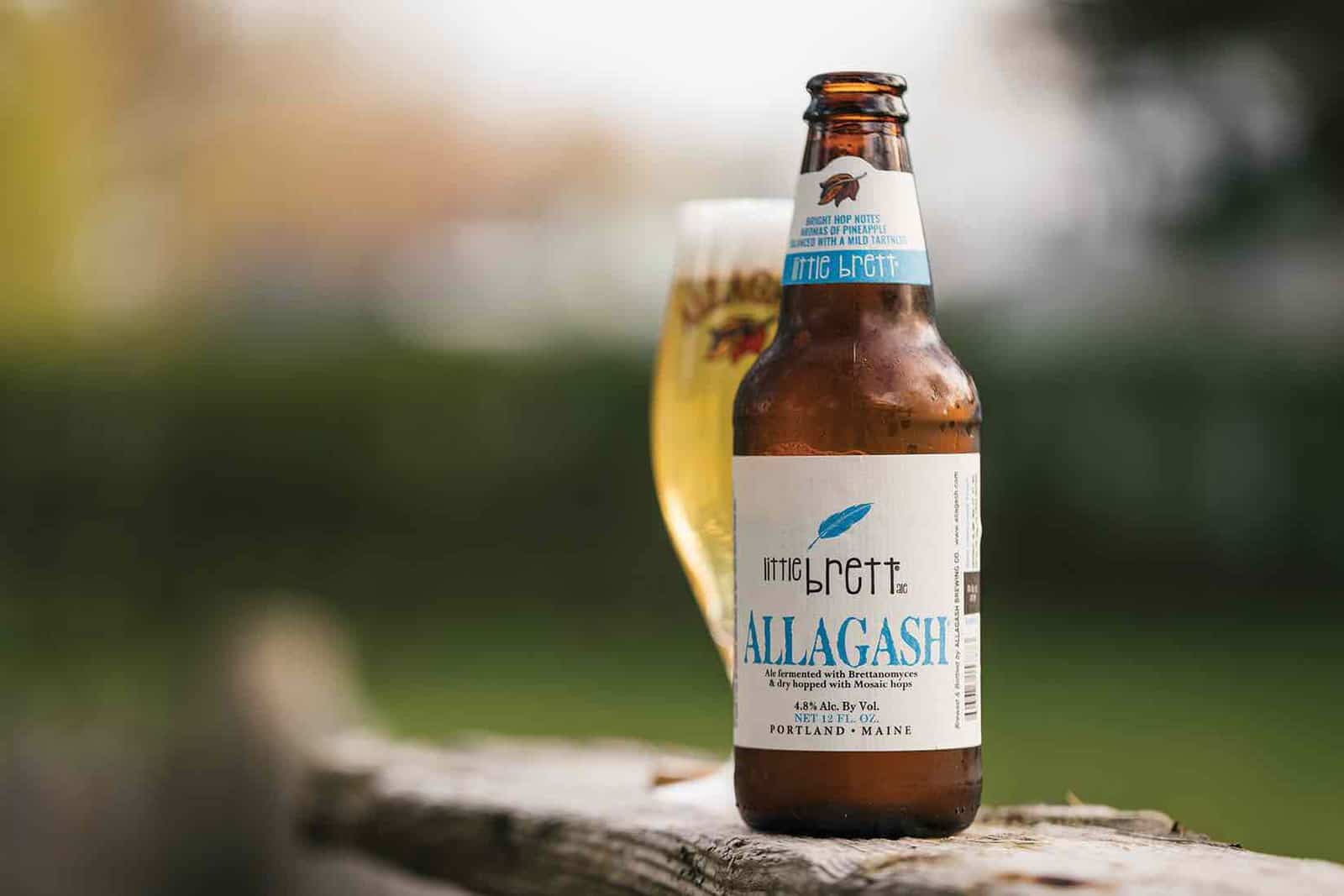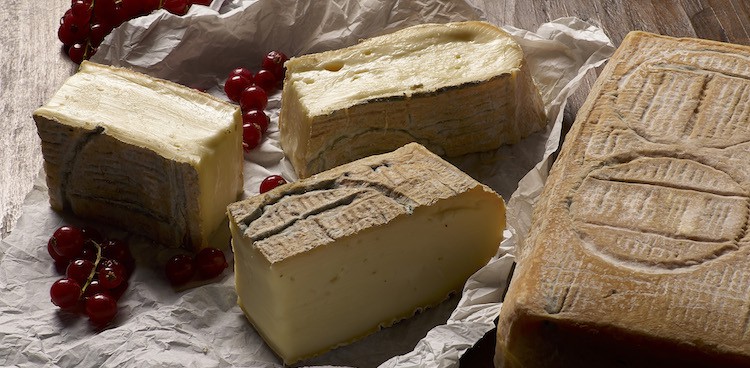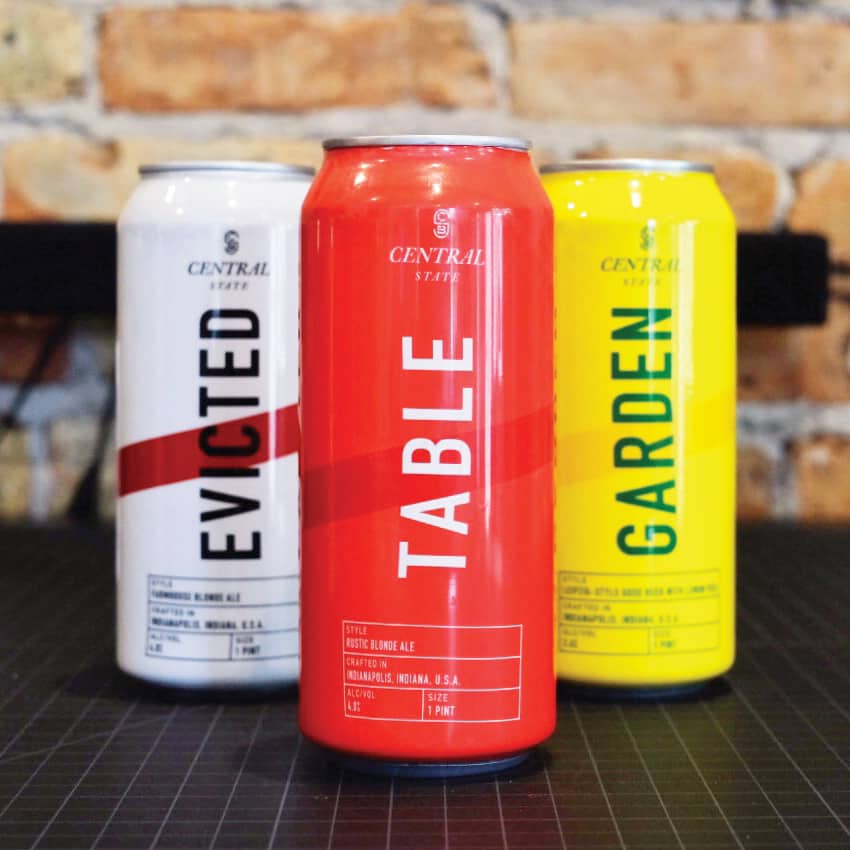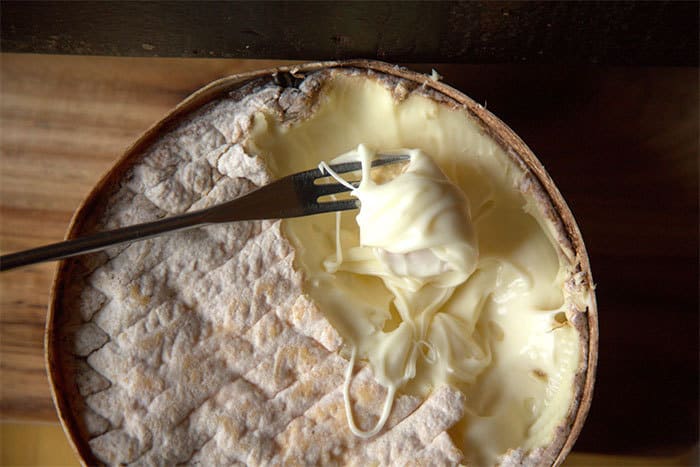
For winemakers, few words are more feared than Brettanomyces. The wild yeast voraciously devours every available sugar and carbohydrate in vino, turning out tastes and aromas that, to some, can evoke a stroll through a horse stable. In the modern beer world, however, many brewers welcome Brett— as it’s colloquially called—because it offers more genetic variation than ale and lager yeasts combined. This gives brewers the opportunity to create pours with complex layers of surprising flavors. Brett is a microbial chameleon, mainly because it never stops consuming a beer’s lingering food sources.
Over time, the yeast will turn inoculated beer tinder-dry, with flavors that are forever evolving and intensifying. Certain strains veer citrusy and fruity, with a bone-dryness and fizziness worthy of fine Champagne. Other times, Brett expresses itself as earth and hay, or even leather, cloves, and a scent associated with an agreeably stinky cheese. In fact, Brett beers and washed rinds make for a beautiful pairing, both funks singing in pitch-perfect harmony. Here are some specific examples to sample.

Pair Allagash Brewing Company Little Brett with Taleggio PDO
Little Brett
From Allagash Brewing Company
Allagash has cultivated its own unique variant of Brettanomyces— discovered and isolated at the brewery—and uses it in beers such as Little Brett. The yeast takes the IPA on a wild ride, pairing a subtle tartness with a balancing bitterness, while Mosaic hops impart an aromatic swirl of pineapple and grass.
Try it with: Taleggio PDO
Brett Beersel Pale
From pFriem Family Brewers
After fermenting pale ale with its bespoke Belgian yeast, this Oregon brewery bottles the beer with a trio of Brettanomyces isolates from Belgium’s Flemish Brabant province. Germany’s Tettnanger and Slovenia’s Styrian Golding Celeia hops contribute an herbal spiciness mixed with a citrus spritz.
Try it with: Meadow Creek Dairy Grayson

Saison Brett
From Boulevard Brewing Co.
To make Saison Brett, the Missouri brewery takes its peppery, popular Tank 7 farmhouse ale and adds extra hops and the namesake microbes. Three months of bottle conditioning lends an energetic effervescence and lemony, earthy character to the corked brew.
Try it with: Époisses de Bourgogne PDO

Pair Saison Rue from Bruery Terreux with Jasper Hill Farm Winnimere
Table
From Central State
Indianapolis-based Central State is Indiana’s first brewery specializing in beers fermented with Brettanomyces. Inspired by low-alcohol, food-friendly Belgian table beers, the straw-colored Table is an earthy refresher with a gently funky underpinning.
Try it with: Charles Martell & Son Stinking Bishop
Saison Rue
From Bruery Terreux
Launched in 2015, the Bruery’s spinoff brand focuses on offbeat ferments and sours aged in oak. Named after founder Patrick Rue, this unfiltered farmhouse ale is brewed with rye, imparting a spiciness that plays well with the yeast-derived fruitiness; given time, it deepens in complexity and rusticity.
Try it with: Jasper Hill Farm Winnimere




